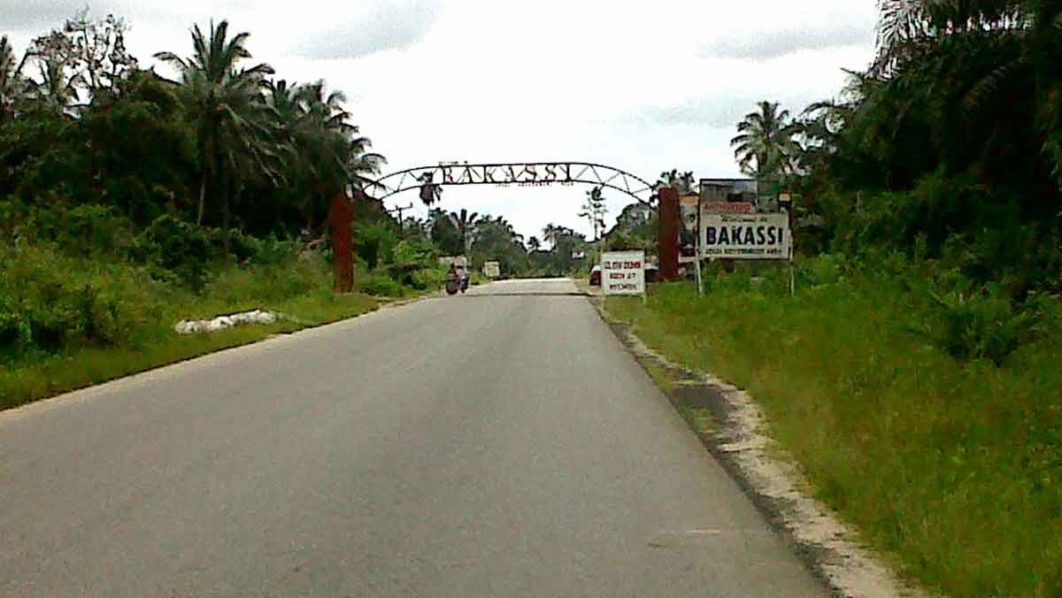
A senior Advocate of Nigeria (SAN), Mohammed Ndarani Mohammed, has urged President Bola Ahmed to revisit the 2002 International Court of Justice (ICJ) ruling that ceded the Bakassi Peninsula to Cameroon.
He argued that revisiting the judgment was crucial for aligning with the President’s ‘Renewed Hope Agenda,’ aiming to remedy the injustice faced by the former Nigerian citizens and the loss of the region’s valuable oil and mineral resources.
In a statement yesterday, Mohammed stressed that Nigeria has grounds to call for a ‘judicial revisit’ under special proceedings, noting that the country failed to present its best case during the original trial.
He explained: “Nigeria lost the case due to an unratified 1913 Anglo-German Agreement, which became the crux of the legal argument. Our failure to challenge this properly contributed to the unfavourable outcome.
“The Nigerian government failed to understand the point of argument on the expression, Rio del Rey, rather than ‘Rio dos’. Nigeria failed to argue that Germany didn’t expressly demarcate the area of litigation in the Bakassi Peninsula before ceding in the alleged treaty to Anglophone Britain.”
The lawyer highlighted that the 1913 treaty shifted the boundary between Nigeria and Cameroon from the Rio del Rey River to the Akpa Yafe River, pushing the disputed Bakassi Peninsula into Cameroon.
He added: “Nigeria did not adequately argue that the treaty failed to establish who the first occupants of Bakassi were. This failure overlooked crucial questions of native land rights.”
Drawing on African customary law, he stated: “The philosophy of land in Africa distinguishes between physical land and its intangible benefits. Nigeria should have emphasised this distinction, especially in the context of colonial treaties.”
Mohammed blamed technical blunders, particularly from the Surveyor-General’s Office, for further weakening the case.
“The Ministry of Justice’s argument that the ICJ lacked jurisdiction was incorrect, given the court’s wide-reaching powers under Article 36 of its statute,” he added.
Citing the possibility of legal recourse, Mohammed pointed out that the ICJ allows for the revision of judgments under Article 61 of its statute if new facts emerge that were previously unknown to both the court and the parties involved.






